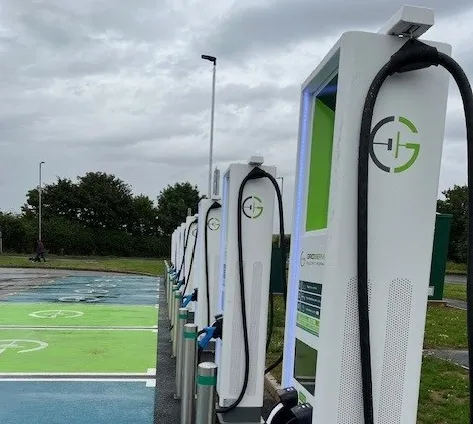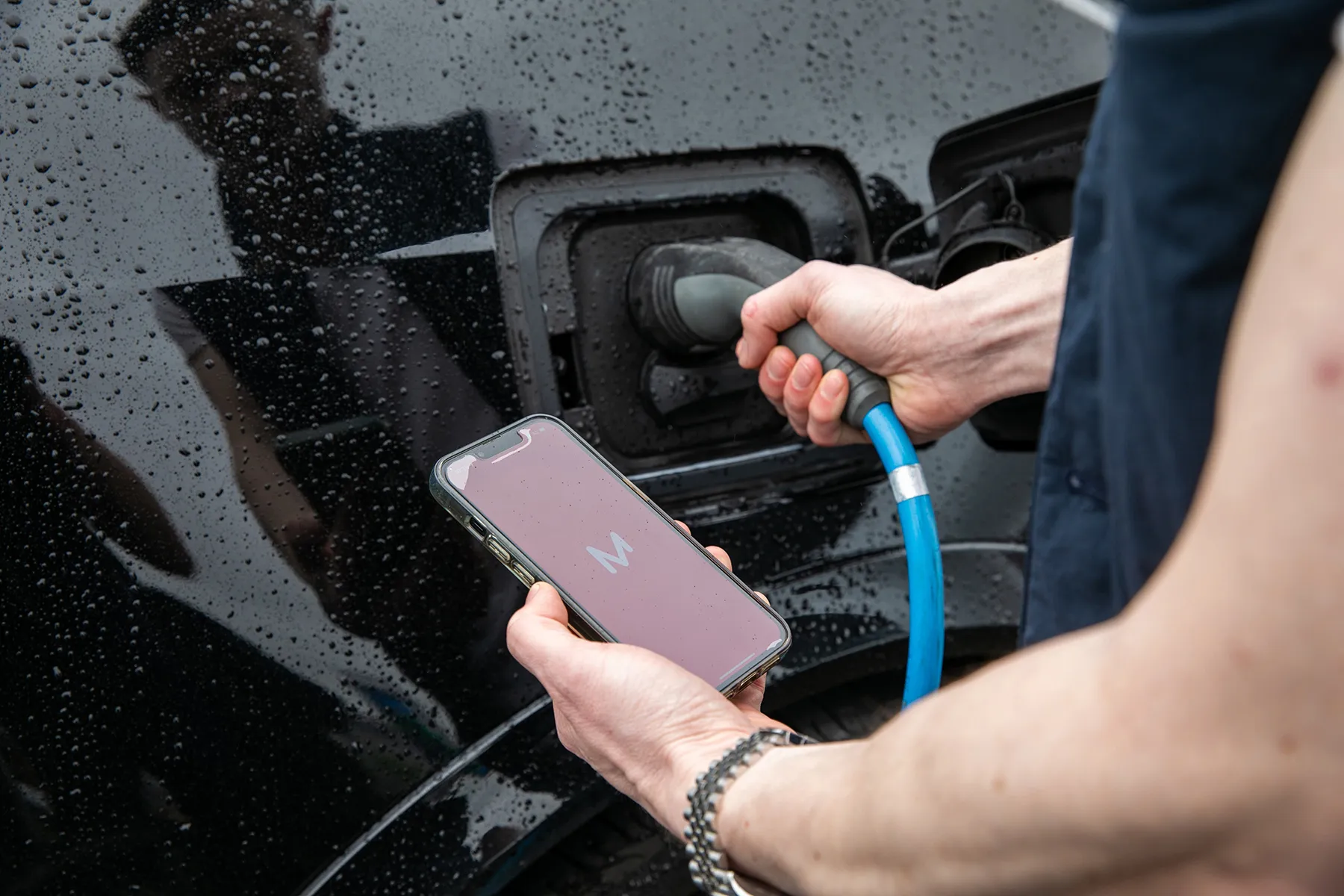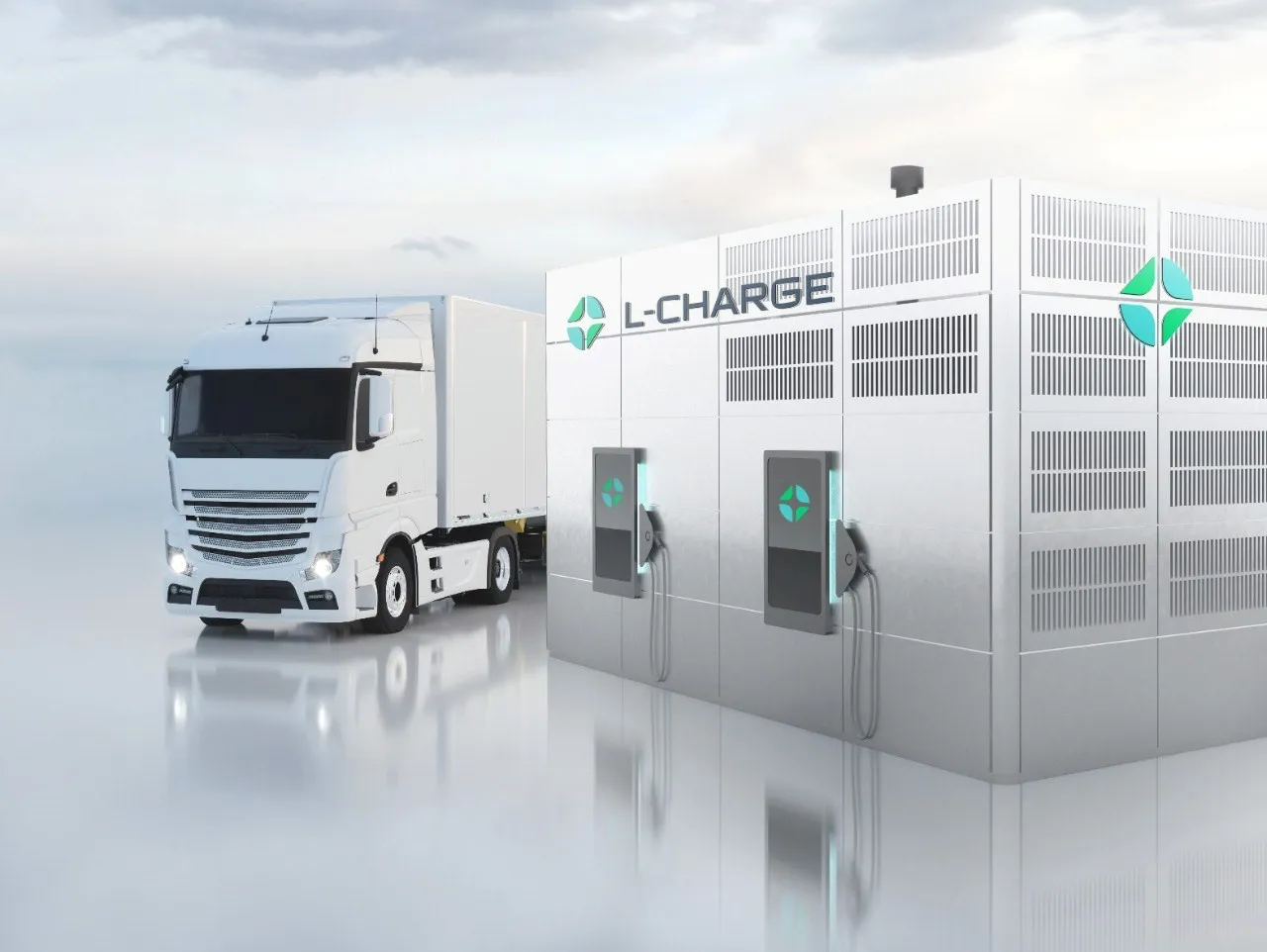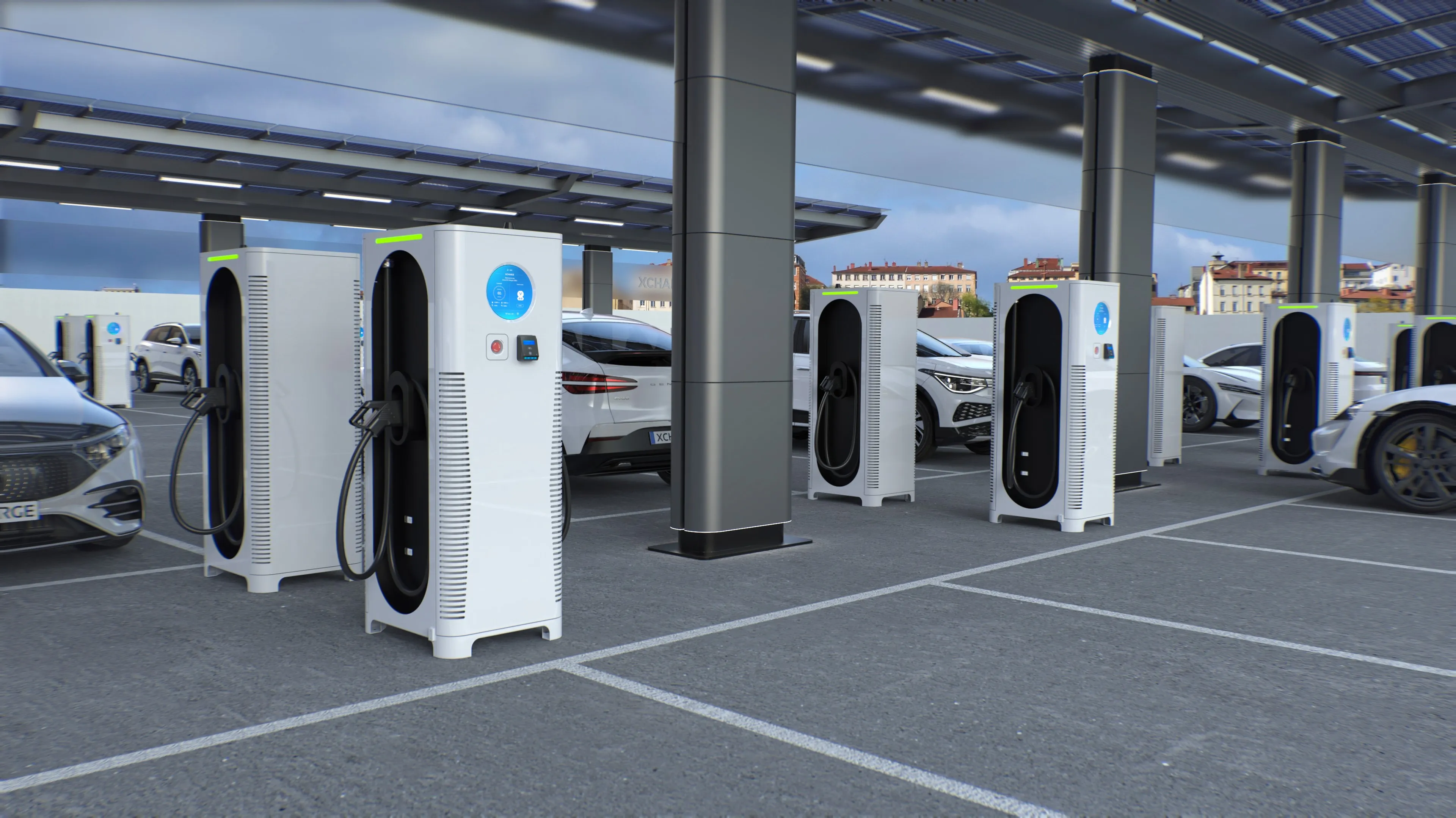
Do you think the UK's EV charging infrastructure is currently fit for purpose?
Our report shows that while some progress has been made in terms of increasing the overall number of chargepoints,
What were the major shortcomings in the UK's EV charging infrastructure that you would highlight that were identified in the report?
The Government has failed to meet its targets to have at least 6 high powered chargepoints at each motorway service area by the end of 2023, major funding programmes have faced serious delays and while some local authorities are making good progress around chargepoint infrastructure delivery, progress is very patchy across the UK.
The motorway services operator Moto has rolled out fast charging infrastructure that was lying dormant due to lack of available power. Rolling out the required amount of EV charging infrastructure is one thing, but how much of an issue is having the necessary power from the National Grid, and is this being properly addressed?
There are a number of chargepoint installations across the regions of the UK that are experiencing significant delays in achieving connection to the grid via distribution network operators. In our report we recommend that the Government review potential planning regulations to support grid connection processes, identify opportunities to increase anticipatory investment in grid upgrades for the distribution network and to prioritise connecting chargepoints to the grid as ‘Nationally Critical Infrastructure’.
Does the National Grid have sufficient power to meet the electricity demand from increasing amounts of EV charging infrastructure going forward?
Our inquiry found that providing planned infrastructure and upgrades proceed as planned, the National Grid will be able to meet the electricity demand required by the EV transition. In 2021, the Climate Change Committee found that expected uptake of EVs could increase electricity demand by an estimated 30 Terawatt-hours (TWh) a year by 2030 and 65-100 TWh by 2050. This is compared to 300 TWh of electricity used today across the system.
How important is the use of smart charging and vehicle-to-grid technology in the rollout of EV charging infrastructure going forward?
Smart charging and vehicle-to grid technology can and should play an important role in the future to reduce demand on the grid and supporting the lowering of consumer electricity bills. However, the technology is still in development and the Government should explore what can be done to integrate this technology into EV infrastructure.








